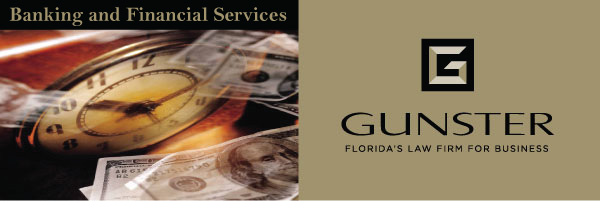
Specifically, the S.E.C. alleged that Citigroup created a billion-dollar fund to unload dubious assets on misinformed investors and then took a short position on those assets. The S.E.C. alleged that Citigroup realized net profits of around $160 million, whereas the investors lost more than $700 million.
The consent judgment:
1) permanently restrained and enjoined future violations of Sections 17(a)(2) and (3) of the Securities Act;
2) required Citigroup to disgorge to the S.E.C. Citigroup’s $160 million in profits, plus $30 million in interest thereon, and to pay to the S.E.C. a civil penalty in the amount of $95 million; and
3) required Citigroup to undertake—for a period of three years—certain internal measures designed to prevent recurrences of the securities fraud alleged.
Citigroup consented to the entry of the Consent Judgment without admitting or denying the allegations of the complaint.
But Judge Rakoff refused to approve the Consent Judgment because he concluded, “regretfully, that the proposed Consent Judgment is neither fair, nor reasonable, nor adequate, nor in the public interest.” Purely private parties can settle a case without ever agreeing on the facts, he explained. “But when a public agency asks a court to become its partner in enforcement by imposing wide-ranging injunctive remedies on a defendant, enforced by the formidable judicial power of contempt, the court, and the public, need some knowledge of what the underlying facts are: for otherwise, the court becomes a mere handmaiden to a settlement privately negotiated on the basis of unknown facts, while the public is deprived of ever knowing the truth in a matter of obvious public importance.”
Judge Rakoff not only took issue with the S.E.C.’s charge of negligence. He also noted that the combination of that charge and a settlement without any admission or denial of liability by Citigroup would deal “a double blow” to the investors, who not only cannot bring securities claims based on negligence but also cannot derive any collateral estoppel assistance from Citigroup’s non admission/nondenial of the S.E.C.’s allegations. The Consent Judgment itself also “does not commit the S.E.C. to returning any of the total of $285 million obtained from Citigroup to the defrauded investors but only suggests that the S.E.C. ‘may’ do so.” This, he said, “leaves the defrauded investors substantially short-changed.”
He also noted the disparity in the S.E.C.’s treatment of Citigroup and Goldman Sachs. Indeed, he stated that he was “troubled” because “Goldman involved a similar but arguably less egregious factual scenario” but the consent judgment there “required Goldman to pay a $535 million penalty, even though it made only $15 million in profits.” Goldman was also forced to state that its marketing materials “contained incomplete information” and that it made a “mistake” in not making certain disclosures in those marketing materials; but such terms were “notably missing” from the Citigroup Consent Judgment. Goldman also agreed to additional remedial measures beyond those agreed to by Citibank. And Goldman agreed to cooperate with the S.E.C., whereas Citigroup did not. And the $95 million civil penalty that the Consent Judgment proposes, he said, was “ pocket change to any entity as large as Citigroup.”
Even more broadly, Judge Rakoff concluded that the S.E.C.’s “long-standing policy—hallowed by history, but not by reason—of allowing defendants to enter into Consent Judgments without admitting or denying the underlying allegations, deprives the Court of even the most minimal assurance that the substantial injunctive relief it is being asked to impose has any basis in fact.”
Judge Rakoff also rejected the S.E.C.’s argument that, if the public interest must be taken into account, then the S.E.C. is the sole determiner of it in the context of such consent judgments. A court must still exercise its independent judgment and satisfy itself that a settlement is consistent with the public interest, he said. “Finally, in any case like this that touches on the transparency of financial markets whose gyrations have so depressed our economy and debilitated our lives, there is an overriding public interest in knowing the truth.”
(footnote) The S.E.C. charged Citigroup with negligence in violation of Sections 17(a)(2) and (3) of the Securities Act, 15 U.S.C. § 77q(a)(2) and (3).
To view the order please click here.
|
This publication is for general information only.It is not legal advice, and legal counsel should be contacted before any action is taken which might be influenced by this publication. Established in 1925, Gunster Yoakley is one of Florida’s oldest and largest full-service law firms. Its substantial and diversified practice serves an extensive client base of international, national and local businesses, institutions, local governments and prominent individuals. The firm maintains a strong presence in Florida with offices in Fort Lauderdale, Miami, Palm Beach, Stuart, Vero Beach, West Palm Beach, Jacksonville, and Tallahassee. Gunster Yoakley is home to more than 160 attorneys and 329 employees, providing counsel to clients through 18 practice groups including corporate, immigration, employment, technology and emerging companies, tax, banking and financial services, real estate, land use and environmental, business litigation, and private wealth services. |
